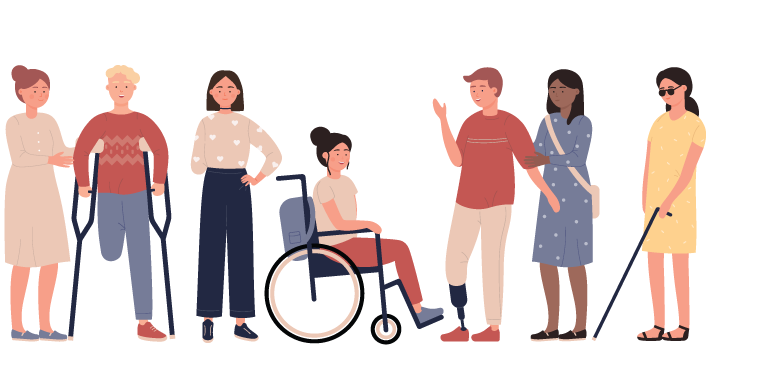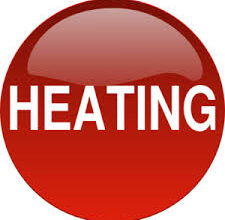Fighting for his rights

Andrew dreams of being an emergency medical technician (EMT).
The Murray resident wants nothing more to help other people in his community, and with the shortage of EMTs in New York state alone, he saw the perfect opportunity.
“However, a lot of these commercial agencies, they don’t hire CFRs (Certified First Responders) to drive for them,” he said. “They claim the state has a protocol saying you have to be an EMT or higher to work on ambulance. The state has told me they do not have a policy in place you have to be an EMT or higher to work on ambulance.”
Determined to chase his dream, Andrew tried taking an EMT class in 2016, as well as a CFR class in March 2019. However, both times the New York State Department of Health, Bureau of EMS denied his testing accommodations. Not to be deterred, he took an EMT class in the summer of 2022, yet again the state denied his testing accommodations.
Andrew has an intellectual learning disability. He said there are things he may need repeated twice and sometimes showing tasks hand-on is helpful to him. Andrew has been with Arc GLOW since January 2024, receiving self-direction services.
The testing accommodations he was asking for was a separate testing location, the test read and extended time. The ability to have the test read to him is what the state was denying.
This directly violates New York state’s Reasonable Accommodations and Disability Rights, which defines reasonable accommodation as: “actions taken which permit an employee, prospective employee or member with a disability to perform in a reasonable manner the activities involved in the job or occupation sought or held and include, but are not limited to, provision of an accessible worksite, acquisition or modification of equipment, support services for persons with impaired hearing or vision, job restructuring and modified work schedules; provided, however, that such actions do not impose an undue hardship on the business, program or enterprise of the entity from which action is requested.
“Reasonable accommodations may include, but are not limited to: making existing facilities more readily accessible to individuals with disabilities; acquisition or modification of equipment; job restructuring; modified work schedules; adjustments to work schedule for treatment or recovery; reassignment to an available position; adjustment of examinations, training materials or policies; providing readers or interpreters.
“Reasonable accommodation does not include among other things: providing for personal care needs, such as a personal care assistant, although such a personal care assistant should be accommodated where provided by the employee at no cost to the employer; providing non-work-related aids, such as a personal hearing aid or wheelchair, which are the employee’s own responsibility.”
“I was then pressured to file a case with the Division of Human Rights, which I did,” he said. “At that point the Division of Human Rights found probable cause against the New York state EMS for denying my testing accommodations.”
When Andrew took another CFR class in October 2023 with all his testing accommodations granted, he passed. Now, since February 2024, Andrew has his CFR card.
“People treat us differently. If they learn you have a disability, they’ll treat you differently,” he said. “My fire department I used to be part of, they treated me differently when they learned I had a disability. That’s not OK.”
Andrew suggests companies look at their policies and change them to be more accommodating and accepting. He said the shortage in EMTs is very significant, especially in Genesee and Orleans counties. With a policy requiring to have EMTs or higher working on ambulance bars people who might want to work.
Since December 2021, Andrew works as an independent contractor as a volunteer ambulance driver. His goal is to get enough experience under him before going again for his EMT certificate.
Provided information



